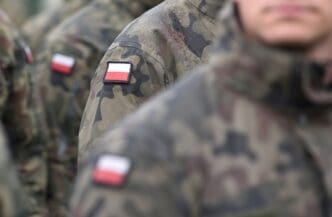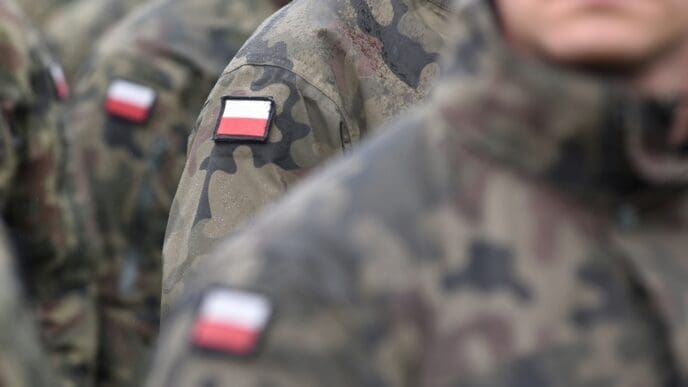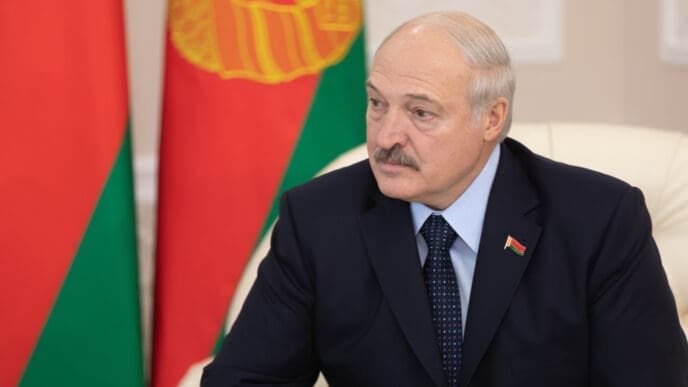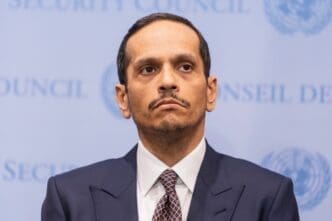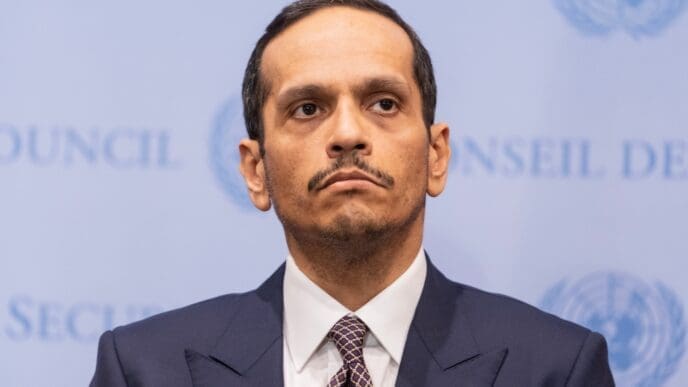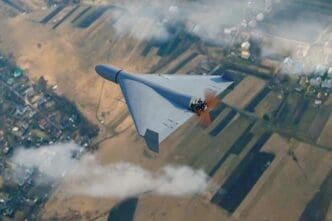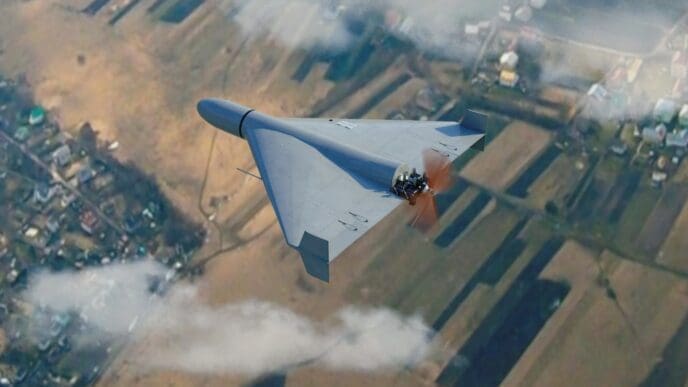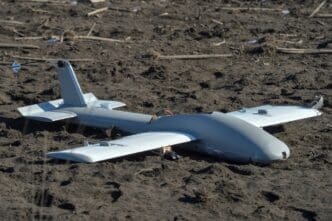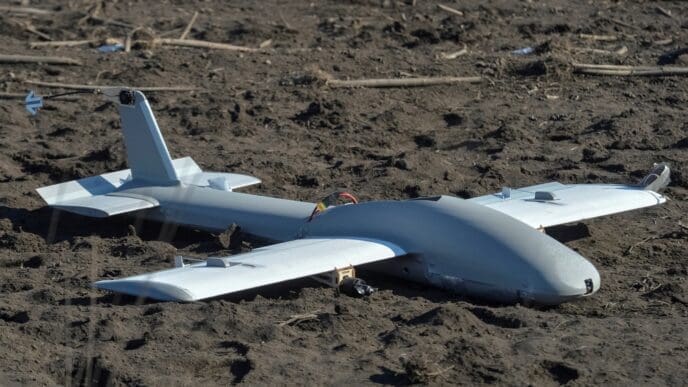Concerns have been raised about China’s military expansion and activities near Taiwan by NATO Secretary General Mark Rutte. He called for unity among the alliance’s 32 members to ensure free and open sea lanes in the area. Rutte highlighted China’s rapid build-up of its armed forces, particularly its navy, and its support for Russia’s initiatives during his visit to Japan. He emphasized the importance of collaboration to assess the evolving situation.
These remarks come after a recent NATO foreign ministers meeting, where it was noted that global security threats are increasingly interconnected. The need for heightened defense spending to bolster NATO’s security was a key point of discussion. The alliance is observing the growing connections between the Pacific region and the Euro-Atlantic area, particularly given Russia’s cooperation with North Korea, China, and Iran.
Rutte also expressed NATO’s concern over China’s military drills near Taiwan, which are being closely monitored. Japan perceives China as a regional threat and has been enhancing its military capabilities, including acquiring long-range cruise missiles. Japan, alongside the United States, has been strengthening defense ties with friendly nations in the Indo-Pacific and Europe, as well as with NATO, underscoring the inseparability of security risks in Europe and Asia.
The United States is advocating for greater NATO involvement in the Indo-Pacific, a sentiment echoed by Rutte. He welcomed the recent visit of US Secretary of Defence Pete Hegseth to Japan, which reinforced Washington’s commitment to its alliance with Japan and its presence in the region. Japan remains the only Group of Seven member outside NATO.
NATO has also been enhancing its relationships with Japan, South Korea, Australia, and New Zealand, collectively known as the IP4. This development has been met with criticism from Beijing, which perceives it as an attempt by the US to establish a NATO-like alliance in the region.
Your World Now
- The increased military activities by China and the response from NATO may lead to heightened geopolitical tensions, affecting global security dynamics.
- Countries in the Indo-Pacific region might experience shifts in defense policies and alliances, impacting regional stability.
- The focus on interconnected security threats could drive nations to increase defense spending, influencing national budgets and economic priorities.
- Enhanced military collaborations between nations may lead to technological advancements and innovation in defense systems.
- Residents in affected regions might experience changes in daily life due to increased military presence and potential disruptions in trade and travel routes.



